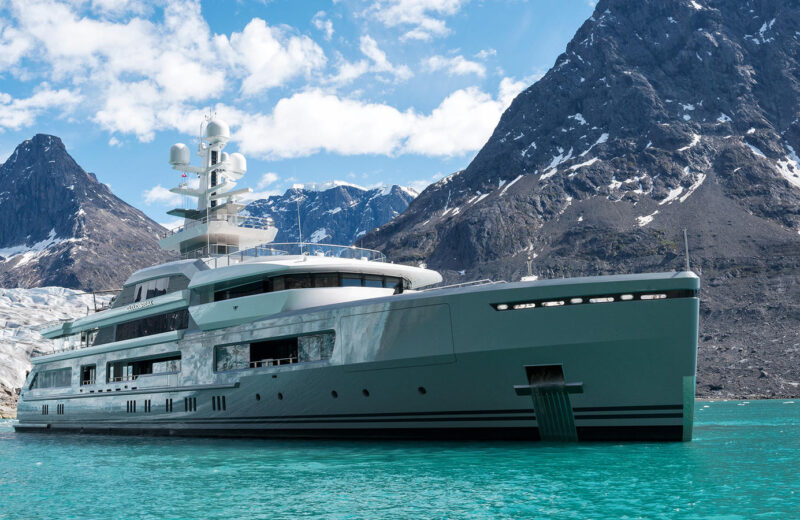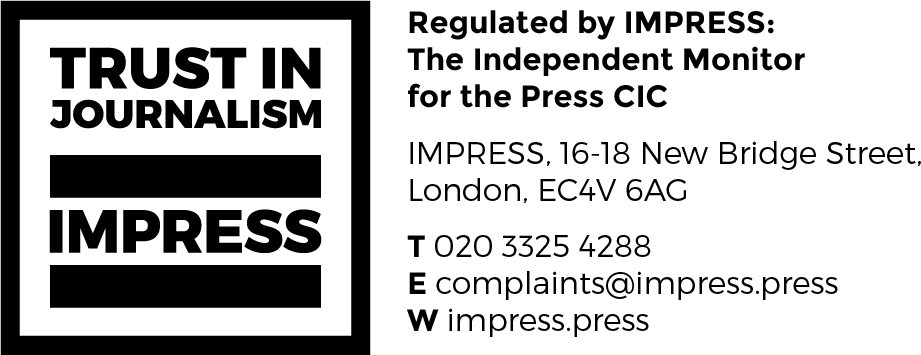EU VAT action against Italian and Cypriot yacht sectors ‘no surprise’ but who’s next?

Navigating murky waters: what lies behind the EU’s decision to curb tax breaks offered by the Italian and Cypriot yacht sectors?
Perhaps the biggest surprise about the EU Commission’s decision to target tax breaks offered in the Italian and Cypriot yacht industries is why it took so long to act. It also raises the question which country will be next, according to legal specialists consulted by Superyacht Investor.
A two-pronged infringement package to end the illegal practices, first unearthed by the Paradise Papers, was revealed by the Commission last Thursday (July 25th). The Commission referred Italy to the EU’s Court of Justice for its illegal use of exemptions for fuel used to power chartered yachts. It also sent reasoned opinions – or formal requests to comply with EU law – to Italy and Cyprus for their failure to charge the correct amount of Value-Added Tax (VAT) on the leasing of yachts. Both moves are part of President of the European Commission Jean-Claude Junker’s initiative to fight tax avoidance and tax evasion.
Hugo Jenney, partner with marine and aviation law specialist Stephenson Harwood, told Superyacht Investor: “Countries have found they can get away with generous practices, also known as generous subsidies, regarding the taxing of yachts and the Commission simply didn’t take action for years. The surprise is that the Commission chose not to initiate action for so long. There has been a new determination to combat tax illegalities under the presidency of Jean-Claude Junker.”
‘New determination to combat tax illegalities’
But Jenney was surprised that Italy had been referred to the European Court of Justice; instead of negotiating a settlement with the Commission before a referral.
Cases referred to the European Court of Justice can result in “a rash of penalties”, leading many countries to agree a deal at the reasoned opinion stage. While penalties may not result from a first hearing, penalties were likely to arise from a second hearing.
The EU’s move raises the question: Which country will the European Commission target next? “My understanding is that France may have received a letter for its scheme. So, expect an announcement that a reasoned opinion or a letter of formal notice has been issued to France,” said Jenney.
Other structures not covered by the recent Commission initiatives continue to be marketed to yacht owners but the technicalities and abuse rules always need to be carefully considered, he added.
SOS Yachting’s fiscal adviser Ezio Vannucci, from law firm Moores Rowland Partners, also told Superyacht Investor the first ruling on excise duty exemption on fuels used in charter yachts was no surprise.
Excise duty exemption
“This ruling on excise on bunkering was expected by the Italian yachting operators, considering that France at the beginning of 2018 amended its internal law deleting the exemption of excise on bunkering for commercial yacht,” he said. Last November, the Commission highlighted the exemption from excise duty, where benefits under current legislation are transferred from the owning company to the charterer as individual and are therefore outside a business-to-business transaction where the exemption can be correctly applied also in the future, he added.
Vannucci predicted Italy will, over the next few months, amend the law about the exemption of the excise on fuel for yachts in charter so that the infringement proceeding can be closed.
Regarding the second ruling concerning VAT rates on yacht leasing, he expressed more surprise. “This ruling was very unexpected for all Italian operators and for the Italian Tax Authority. That is because the Maltese and Cyprus leasing schemes were very different from the Italian and French fiscal provisions on a yacht leasing contract and also considering that VAT on chartering has been promptly applied by Italy, France, Spain and Croatia, following the VAT rules introduced 2010 …”
‘Difficulties in accurately monitoring’
He believed they may contest the ruling. “The Italian Ministry of Finance together with Yachting National Association [UCINA] and Leasing National Association [ASSILEA] are ready to reply to the latest letter of the Commission dated July 25th with more than one argument explaining the advantage not only for the yacht industry but also for the Italian Ministry of Finance in terms of income, or VAT collected …” That was bearing in mind the difficulties in monitoring accurately the movements of yacht used as a means of transport, he added. For maritime purposes it is mandatory only to monitor yacht with a gross tonnage more than 300t.
Meanwhile, the Paradise Papers are a set of 13.4m confidential electronic documents relating to offshore investments that were leaked to the German newspaper reporters Frederik Obermaier and Bastian Obermayer. Some details were published two years ago, with others released more recently.
The Superyacht investor guide to VAT – at a glance
Q: How do yachts attract VAT: when they sail into EU waters for the first time or after an absence?
A: Ignoring EU sales, yachts attract VAT when sailing into EU waters for the first time or after a three-year absence. The three-year absence rule is subject to tax authority discretion in special circumstances.
Q: So some countries charge VAT at lower rates than the standard of 20%? Has that led other countries to complain to the Commission about unfair competition?
A: “People don’t normally complain about that as competition on rates is seen as fair game.”
Q: How do superyachts attract VAT?
A: On importation, VAT is charged on the market value of the yacht; there may also be importation VAT and customs duty on goods on board. VAT could then apply to all sorts of services involving the yacht such as chartering or services provided to the yacht owner.
Q: Is VAT ever refundable for those in the yachting industry?
A: The idea behind VAT is that it is payable by the end consumer. In a chain of supplies from A to B to C to D, B and C may be charged VAT but, as businesses, may recover it, whilst D, the final consumer, will not be able to recover its VAT. So, if C is a bona fide VAT registered leasing business, it may recover all its input VAT but the VAT it on charges to D in respect of chartering services will not be recoverable by D if it is a non-business consumer.
There is also a VAT export exemption. If the purchaser of a yacht can prove that they will remove the yacht from the EU within a certain period of time, i.e. export it, they should not be charged VAT by the seller.

